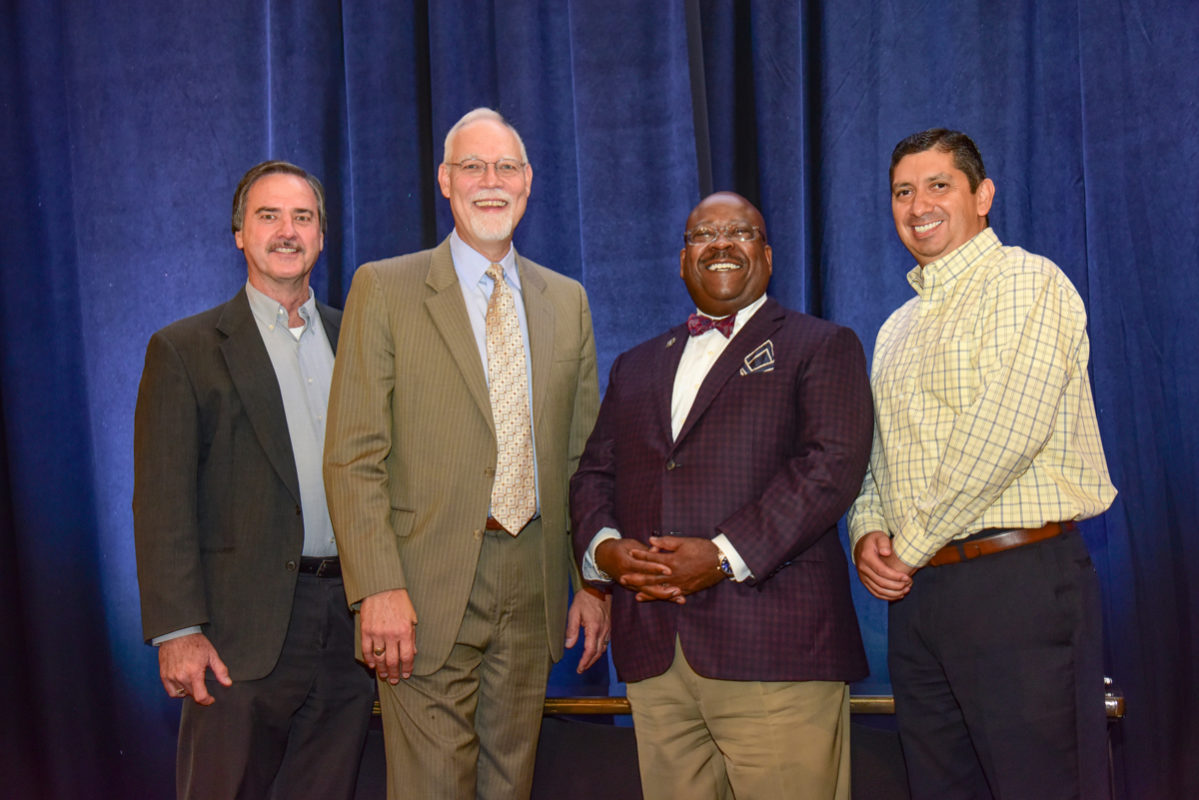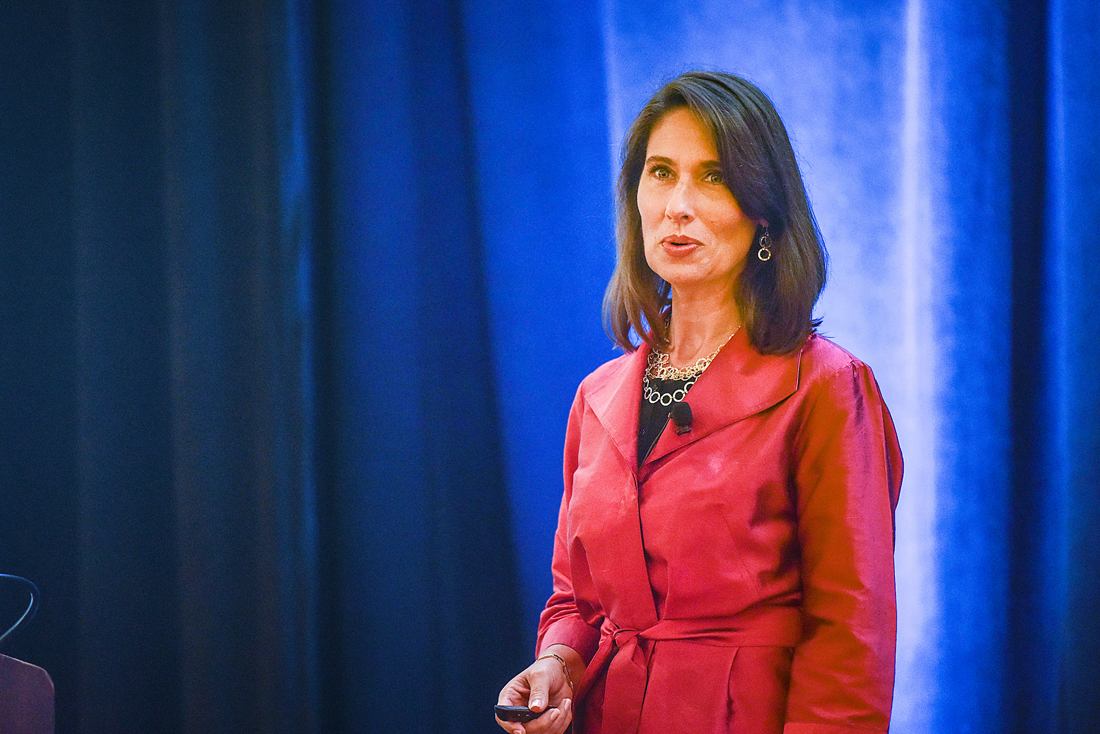
“This is Texas together on the road to zero,” said Robert Wunderlich as he opened the 2018 Traffic Safety Conference in Sugar Land, Texas, August 8–10. Wunderlich, the director of the Center for Transportation Safety at the Texas A&M Transportation Institute (TTI), made the announcement after he asked attendees to stand if they work to improve traffic safety.
Working toward zero deaths on our roadways is becoming the stated goal among many traffic safety advocates. It’s also a cornerstone of the Texas Strategic Highway Safety Plan, the main topic of discussion at the 2018 conference.
TTI hosts the Traffic Safety Conference each year, supported by the Texas Department of Transportation (TxDOT). It’s a popular conference among TxDOT traffic safety specialists, district engineers, engineers from municipalities, law enforcement agencies, safety stakeholders and advocates and health professionals.
“This year, we took the Texas Strategic Highway Safety Plan one step further,” Wunderlich explains. “Participants had the option of attending seven different emphasis area sessions, where speakers discussed successful programs and measures to create safer roadways. Then they were given the opportunity to identify keys to success and how to overcome barriers during discussion circle sessions on each area.”
Those emphasis areas are
- Distracted driving,
- Impaired driving,
- Intersection safety,
- Older road users,
- Pedestrian safety,
- Roadway and lane departures and
- Speeding.

“Why do we accept 40 thousand deaths [per year in the United States]? Why is that okay and why aren’t we more outraged that we aren’t doing more?” asked Deborah Hersman, president and CEO of the National Safety Council, during her keynote speech. Hersman is also the chair of the national Road to Zero Coalition, whose stated goal is to end roadway fatalities by 2050.
“Are 100 deaths a day acceptable?” she asked attendees. “Not when they are preventable. When they are preventable, we have an obligation and opportunity to do something about it.”
Hersman, who served two terms as chair of the National Transportation Safety Board, made the case that safer roads are possible with more effort on the part of safety advocates. The Lone Star State, she told the crowd, has more work zone fatalities than any other state, and skyrocketing pedestrian and bicyclist deaths. Like the rest of the nation, about a third of Texas roadway fatalities are linked to impaired driving.
She likened a fatality-free nation to what many thought about the possibility of a moon landing in 1969. “The future of zero involves all of us. There is no silver bullet. But it’s not impossible. It just hasn’t been done yet.”
“Traffic safety issues are too complicated for any one group or profession to solve on its own,” Wunderlich says of the goal of the Traffic Safety Conference. “That’s why we bring these diverse groups together. We can learn from each other, and we can work toward zero deaths with each other.”